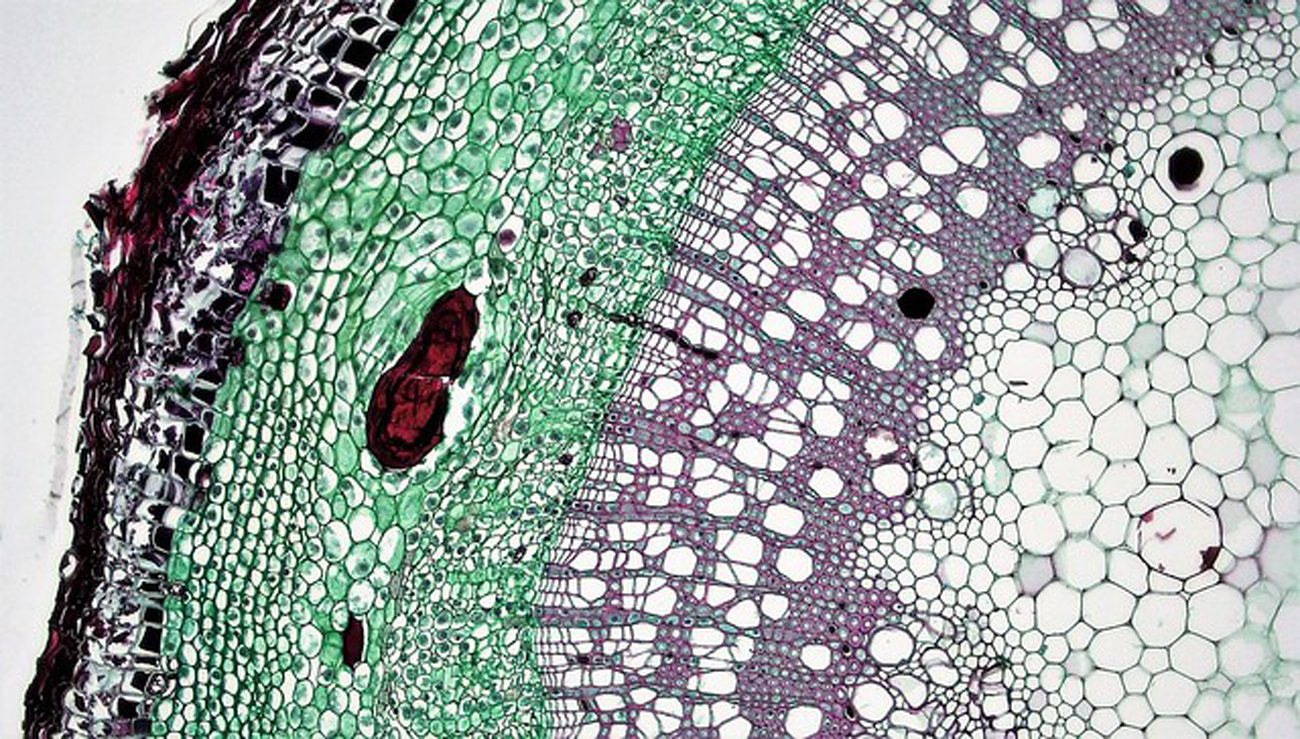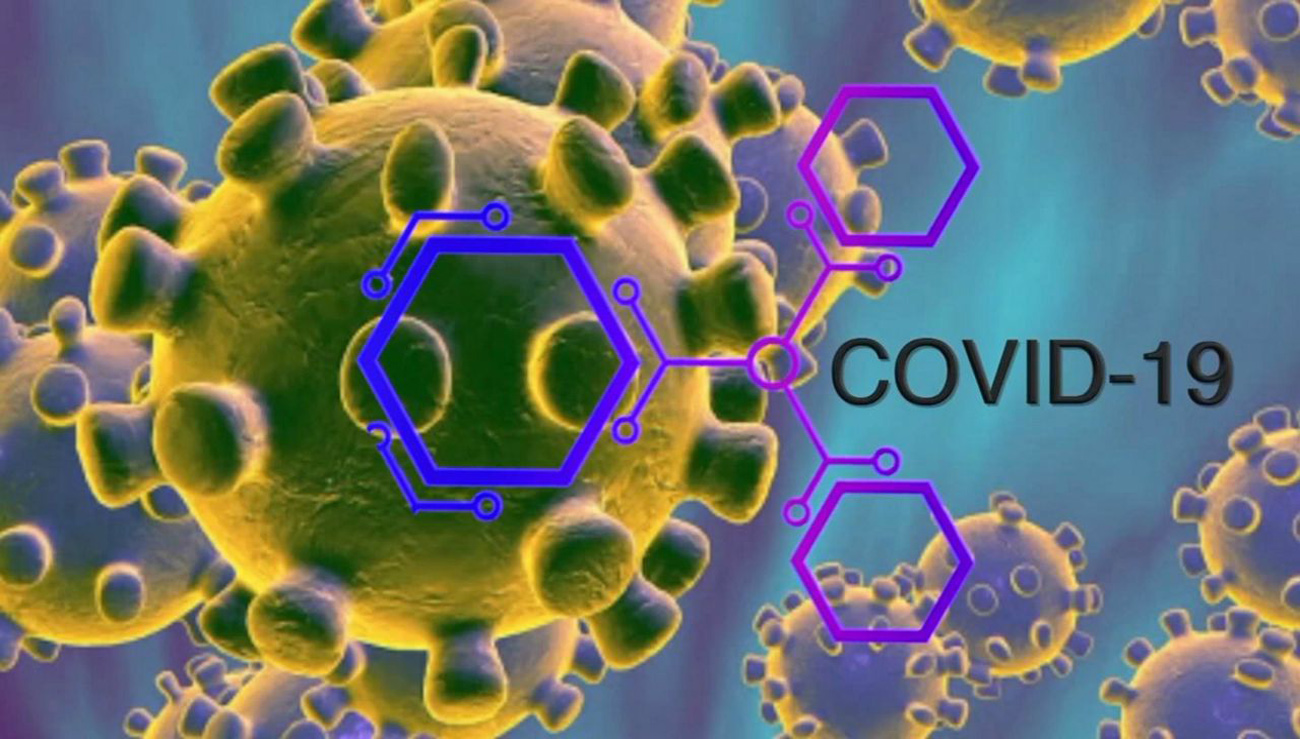
Evaluation of Antimitotic Activity of Momordica Dioica Fruits on Allium Cepa Root Meristamatic Cells
Abstract:
Objective: Natural occurring phenolic compounds play an important role in cancer prevention and shows antimitotic activity. Number of active constituents like phenolic acid, curcuminoids, coumarine, ligans, quinones, etc. is showing antimitotic activity of Momordica dioica. The present work is on phytochemical investigation and examines antimitotic activity of aqueous extract of fruits Momordica dioica at concentration of 15 mg/ml on Allium cepa root meristamatic cells.
Methods: The fruits are air dried and extracted with solvents like water by maceration method. The evaluation of antimitotic activity is done by using Allium cepa root meristamatic cells parameters where and methotrexate was used as a standard drugs.
Result and discussion: In Allium assay, aqueous extract of fruits of Momordica diocia (15 mg/ml) and methotrexate act against cells of allium roots and lesser the growth of root and mitotic index when compared with distilled water as control group. The result indicated that cytotoxic property is due to presence of phenolic, alkaloids and flavonoids compounds in 15 mg/ml concentration of aqueous extract of Momordica diocia fruits extract.
Conclusion: On the basis of result, we concluded that, 15 mg/ml concentration of Momordica dioica fruits shows good antimitotic activity on the Allium cepa root tip assay.
Author(s):
DOI:
Keywords:
References:
Abhang, R. Y., Joglekar, P. P. and Kulkarni, P.H. (1991). Preliminary study on the effect of T. cordifoliaon mitosis. Anc. Sci. Life., 11(1-2), 7-8.
Abhang, R. Y., Joglekar, P. P. and Kulkarni, P. H.(1999). Preliminary study on the effect of T. Cordifolia on mitosis. Ancient Science, 1(7), PMC3336579.
Ahirrao, R. A. (2019). Anticancer activity of Fruits of Momordica Dioica by using MTT assay. Madridge J. Immunol. 3(2), 89-92. https://doi.org/10.18689/mjim-1000120 DOI: https://doi.org/10.18689/mjim-1000120
Bhattacharya, S. and Haldar, P.K. (2012). Evaluation of antimitotic and genotoxic effects of the triterpenoid enriched extract from Trichosanthes dioica root. American-Eurasian Journal of Toxicological Sciences, 4(1), 20-23. https://doi.org/10.5829/idosi.aejts.2012.4.1.56310.
Chopra, R. N., Nayar, S. L. and Chopra, I. C. (1996). In Glossary of Indianmedicinal plants, National Institute of Science Communication, New Delhi, India, 169 Cragg, G. M. and Newman, D. J. (2005). Plants as a source of anticancer agents. J Ethnopharmacology, 100(1-2), 72-79. https://doi.org/10.1016/j.jep.2005.05.011 DOI: https://doi.org/10.1016/j.jep.2005.05.011
Fiskesjo, G. (1985). The Allium test as a standard in environmental monitoring. Hereditas, 102(1), 99-112. https://doi.org/10.1111/j.1601-5223.1985.tb00471.x DOI: https://doi.org/10.1111/j.1601-5223.1985.tb00471.x
Gonzales, G. F. and Valerio, L. G. (2006). Medicinal plants from Peru: a review of plants as potential agents against cancer. Antican. Agents Med. Chem., 6(5), 429-444. https://doi.org/10.2174/187152006778226486 DOI: https://doi.org/10.2174/187152006778226486
Harborne, J. B. (1988). Phytochemical methods: A guide to modern techniques of plant analysis. London: Champan and Hall Publishing House. https://doi.org/10.1016/0031-9422(88)84139-6 DOI: https://doi.org/10.1016/0031-9422(88)84139-6
Kartika, K. R. and Basu, B. D. (1987), In; Indian medicinal plants II, Ed: International book distributors, Dehradun, India, 1133.
Kokate, C. K., Purohit, A. P. and Gokhale, S. B. (1999). Textbook of Pharmacognosy. 11th Edition, NiraliPrakashan, Pune, 225-226.
Kulkarni, S. K. (1993). Handbook of experimental pharmacology, 2nd Edition, Vallabh Prakashan, Mumbai, 172-189.
Latha, P. G., Chandralekha, C. T., Vilasini, G. and Panikkar, K. R. (1998). Effects of the flower extract of Ixora coccinea Linn. on the meristamatic cells Allium cepa. Anc. Sci. Life, 17(4), 262-267.
Lee, K. H. (2010). Discovery and development of natural product derived chemotherapeutic agents based on a medicinal chemistry approach. J. Nat. Prod. 73(3), 500-516. https://doi.org/10.1021/np900821e DOI: https://doi.org/10.1021/np900821e
Li, J. W. and Vederas, J. C. (2009). Drug discovery and natural products: end of an era or an endless frontier? Science, 325(5937), 161-165. https://doi.org/10.1126/science.1168243 DOI: https://doi.org/10.1126/science.1168243
Luo- L, Li- Z and Zhang- Y, Huang- R.(1998). Triterpenes and steroidal compounds from Momordica dioica. Yao-Xue-Xue-Bao., 33(11), 839-842.
Newman, D. J., Cragg, G. M. and Snader, K. M. (2003). Natural products as sources of new drugs over the period 1981-2002. J. Nat Prod., 66(7), 1022-1037. https://doi.org/10.1021/np030096l DOI: https://doi.org/10.1021/np030096l
Patil, N. S., Patil, K. B., Patil, M. R. and Ahirrao, R. A.(2018). Antimitotic activity of fruits of momordica dioica by using Allium cepa root tip assay. Asian J. Pharm. Res., 8(4), 221-224. https://doi.org/10.5958/2231-5691.2018.00037.0 DOI: https://doi.org/10.5958/2231-5691.2018.00037.0
Periyanayagam, K., Kasirajan, B., Karthikeyan, V., Indumathi, R. andKumuda, T. (2013). Vitisvinifera. L (Vitaceae) fruits towards antimitotic and antiproliferative activity in anticancer drug discovery. Innovare J. Health Sci., 1(3), 32-35.
The useful plants of India (1992), Ed: Publication and Information Directorate, CSIR, New Delhi, India, 379.
The wealth of India (1962), A dictionary of Indian Raw materials and Industrial products VI, Ed: Publication and Information Directorate, CSIR, New Delhi, India, 408.
Willams, G. O. and Omoh, L. E. (1996). Mitotic effects of aqueous leaf extract of Cymbopogoncitratus in Allium cepa roots. Cytobis, 87, 161-164.




